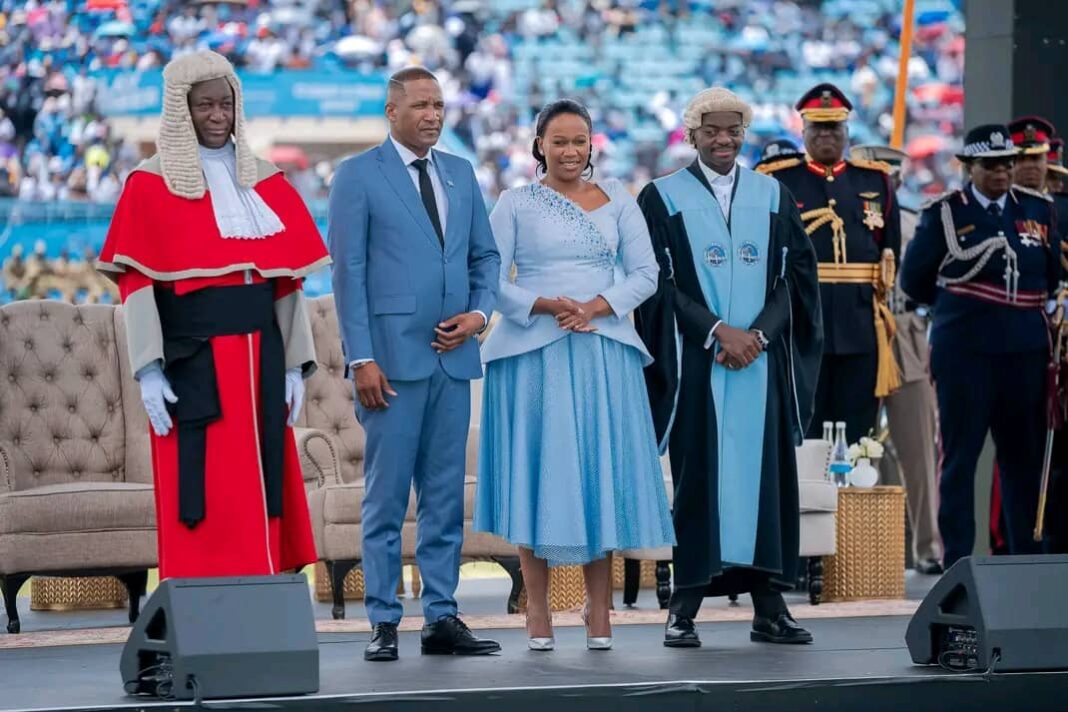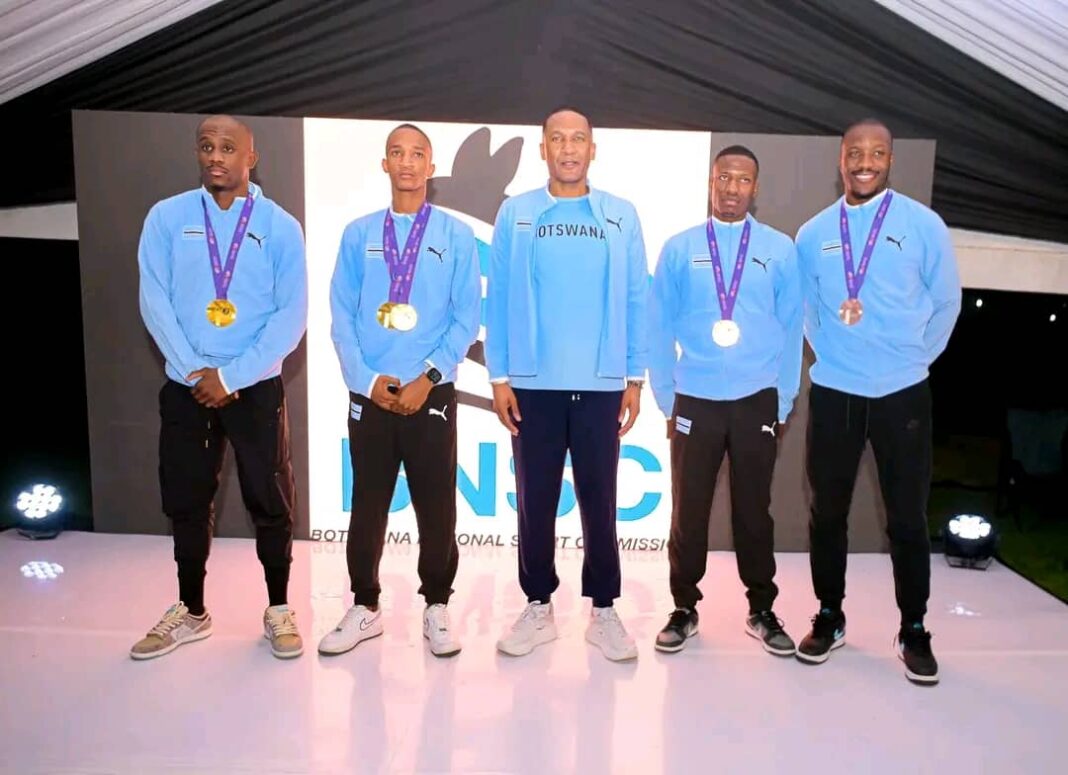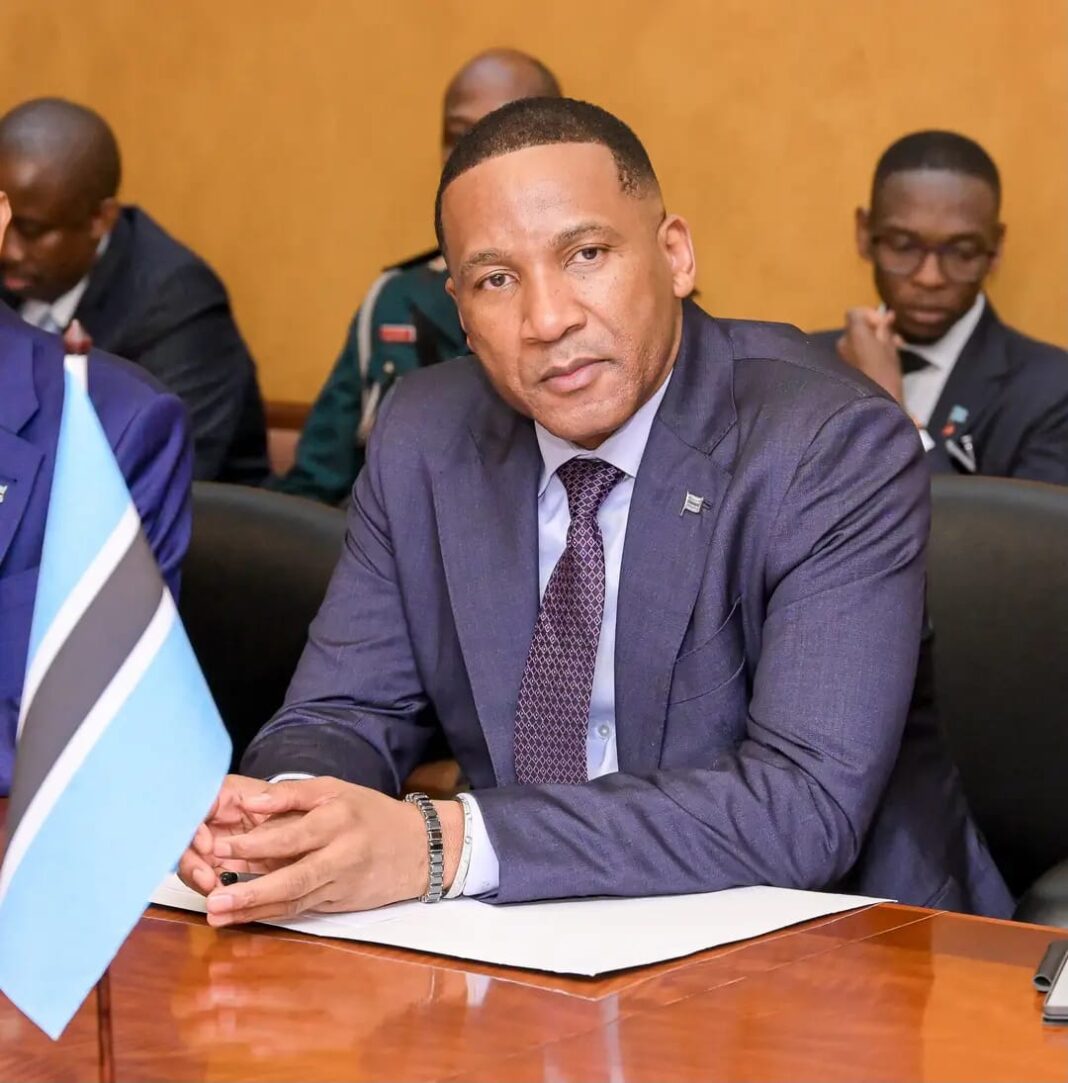The past 12 months have been transformative for Botswana’s political landscape, following the Umbrella for Democratic Change’s (UDC) historic rise to power in October 2024. The coalition’s victory ended nearly six decades of Botswana Democratic Party (BDP) dominance and ushered in a new era of political pluralism and reform promises.
The UDC, led by President Duma Boko, secured 36 of the 61 parliamentary seats in the 2024 general election, marking the first opposition-led government in the country’s post-independence history. The win was hailed regionally as a testament to Botswana’s democratic maturity and its ability to ensure a peaceful transition of power.
The 2024 general election, described by international observers as peaceful and credible, saw a record voter turnout as Batswana voted decisively for change. The African Union Commission commended Botswana for maintaining democratic integrity, while regional media referred to the outcome as “a quiet revolution” in Southern Africa.
President Boko’s swearing-in on November 1, 2024, symbolised the start of what the UDC termed a “New Botswana”, one focused on inclusive governance, social welfare, and economic diversification.
In its first year, the UDC government outlined an ambitious reform agenda aimed at rebuilding public trust in state institutions and modernising governance systems. Central to this vision is a proposed constitutional review to expand representation, entrench accountability, and enhance the independence of oversight institutions.
The government has also pledged to implement electoral reforms, expand youth participation in decision-making, and introduce stronger anti-corruption measures.
“This administration is committed to rebuilding confidence in government through transparency and accountability,” President Boko said during his 100-day address earlier this year.
The UDC’s manifesto themed “Inclusive Growth and Quality Lives” outlined plans to create up to half a million jobs over five years through investment in agriculture, manufacturing, tourism, renewable energy, and infrastructure.
Within its first 100 days, the new government announced a raft of social welfare measures, including: raising the old-age pension from P830 to P1,400 per month effective April 2025, introducing a monthly infant allowance to support families with newborns, upgrading technical and vocational training centers across the country, and launching plans for a centralised procurement portal to curb inefficiencies and corruption among others.
The government also committed to affordable internet access, subsidised electricity and water tariffs, and universal health coverage to improve citizens’ quality of life.
Mindful of Botswana’s dependence on diamond exports, the UDC government has prioritised economic diversification as a key policy pillar. Its initiatives focus on stimulating value-added industries, revitalising agriculture, and promoting Botswana as a regional hub for ICT, transport, and tourism.
The administration has emphasised sustainable job creation, youth empowerment, and innovation-led growth as pathways toward reducing unemployment and inequality.
One of the coalition’s symbolic achievements has been restoring confidence in Botswana’s democracy. The successful transition from the long-ruling BDP to a coalition government demonstrated institutional resilience and strengthened public belief in the electoral system.
Despite some of these achievements, the UDC faces mounting pressure to deliver on its pending promises. Analysts warn that many of the government’s social and economic pledges remain at the early planning stage. Tracking reports from civil society indicate that while the administration has made strides in pension reform and social welfare, progress on job creation, minimum wage increases, and broader economic transformation has been justifiably slower than anticipated. However, all this has been attributed to the current economic headwinds, including fiscal constraints, a narrow revenue base, and high youth unemployment, all which continue to pose challenges for the new government. Be that as it may, government has introduced measures monitor public expenditure and reduce wastage in government.
Whilst the UDC’s assumption of power has enhanced Botswana’s standing as a beacon of democratic governance in Africa President Boko has conceded to the ongoing challenges and promised to usher the country into an era of unprecedented reforms within three years. According to Boko, all the envisaged infrastructure, investment in ICT, innovation and leveraging technology to create opportunities for the youth would have been realised.
As the UDC government marks one year in power, the focus now shifts from political victory to tangible results. Delivering on promises of jobs, good governance, and equitable growth will determine whether the coalition can sustain the momentum that brought it to power.
For many Batswana, the first year of UDC rule has been one of hope and transition, while to some it has been about setting the tone for a period that lies ahead in the aftermath of the historic transition. Even so, to all Batswana, the challenge ahead is translating that hope into measurable progress for the much needed socio-economic development.
Follow us for more as we track the UDC government’s one year in office



